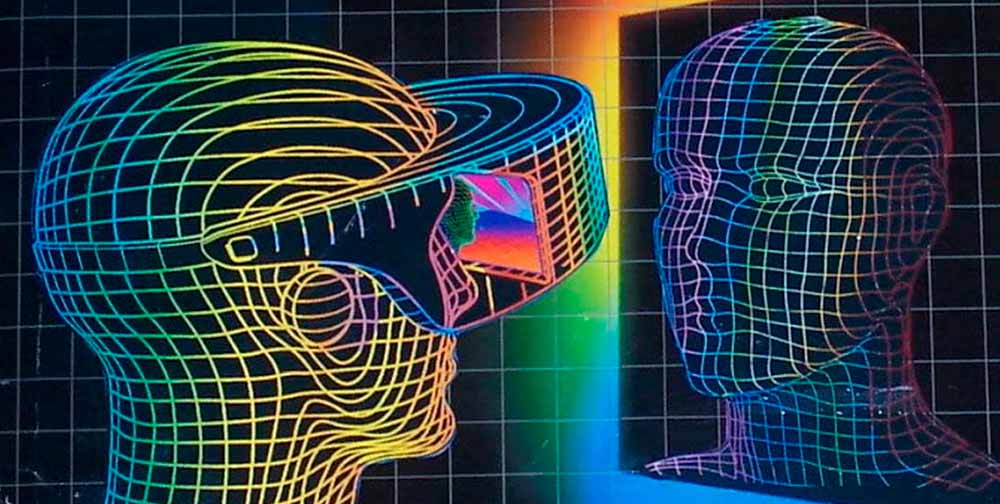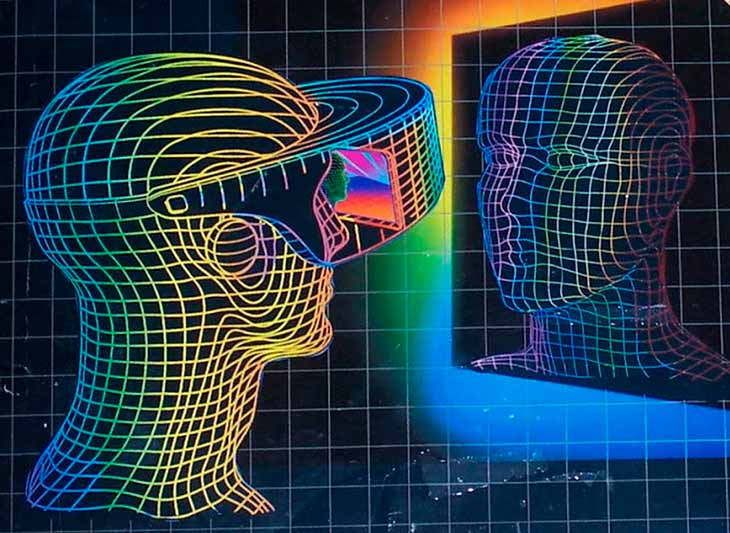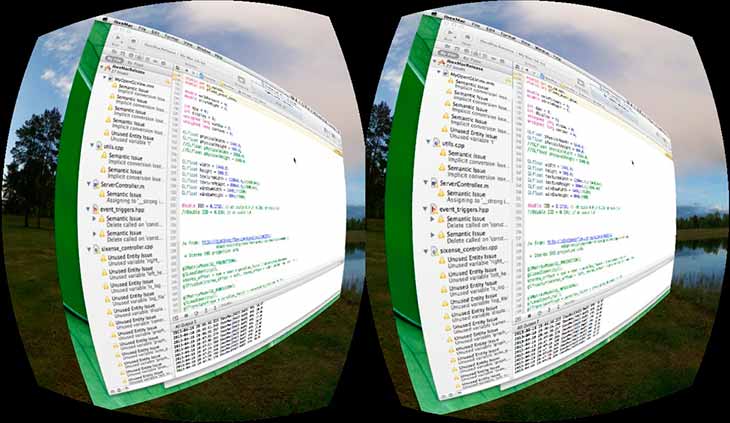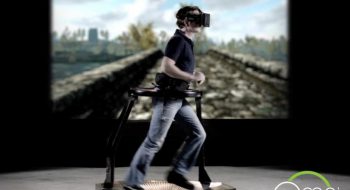It’s mind-blowing considering how far we’ve come — well… technology as a whole, but that’s common knowledge. I’m talking specifically about Virtual Reality (VR). You strap on a headset, and then you’re inside whatever world you desire. I’ve read about it in the Orson Scott Card series Ender’s Game and in other books. We’ve seen it on the big screen… the Matrix, Source Code; I think it showed up in movies because directors and writers started to see the validity in what could be possible in the near future. Yet, everyone still dreamed about it. Problem was, quite frankly… in reality, it kinda sucked. I remember playing an arcade game in the late nineties that tried to emulate what VR was trying to be. I can’t quite think of the name, but it essentially involved magnifying glasses that enhanced the pixilated screen. You stood on a platform and fired a gun that rattled ferociously. VR kept sucking for a long time, and people/media/hardware developers gave up on it — but we kept seeing it in our media.
All of a sudden, VR graduated to a whole new class. Or, well, it had graduated, but nobody realized it. The technology had finally arrived to experience proper virtual reality. The innovative team behind Oculus Rift recognized this, and developed the first prototype of VR that was just functional enough to provide, to a certain degree, a virtual reality experience. The stage was set, the framework was in place, and concept was sound. The team at Rift set up a kickstarter to fund their enthusiasm, and a lot of people got excited. They banked roughly 10x the initial investment request, and I even remember tossing in a few measly dollars and cents during my broke college years. Every bit helped, I suppose.
I got my first Oculus Rift experience a few weeks back at GDC 2015, directly from a programming director at Oculus. It was convincing, I mean ridiculously convincing. To be specific, it made me nauseous at times it was so real, almost losing my balance at the sheer realism of the landscapes and dynamic animations. Aside from the upgraded graphics, and 360 degree flowiness; new sound upgrades created a fully immersive experience. The audio was the x-factor, this is the component to what really tricks the brain into perceiving the images into an actual understanding. Some of the updates that were specified on were clear from the program developer himself, “This is the future, brace yourselves. Also, make sure that you keep both feet planted in the square provided. You’ll tend to drift and walk toward the animations.”
The variety of usage applications are staggering. I’ve seen demos online of the Rift headset used in a business setting, setting up shop in a tropical paradise, pumping through transparent desktop windows while feeling like you’re on a vacation — this is where the lines of physical reality and virtual reality are blurred, for me.
Fortunately, the rise of Oculus lead to the emergence of technical competitors. Razer OSVR, Carl Zeiss VR One, Microsoft HoloLens, Samsung Gear VR… just to name a few. None of them are flawless, but competition is a great thing. If this means there will be more competition, and VR keeps getting better, especially with massive financial benefactors like Facebook.
Coming from the progressive millennial generation, I always felt like I was born five or ten years too late to experience this technology in my prime gaming years growing up. I can’t imagine what a multiplayer Halo 3 experience would’ve been like, or what to expect from my kids 10 years from now. Artificial Intelligence could be part of the initial efforts to identify best applications, and while I have no doubt that in ten years we’ll look back at the problems with early VR applications in the same at GUI problems with unmatured PC gaming, getting to experience VR first hand was a thrill. My head started spinning with potential applications and how to deal with all the issues. This industry is the next step and will change gaming, military and business training, and entertainment as we know it. Stay tuned as the AVADirect Team makes its first steps into the emerging VR hardware market.










No comments yet